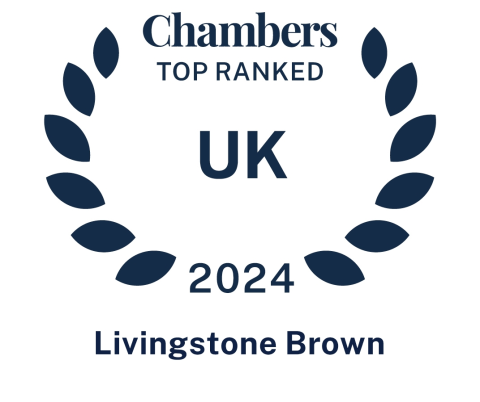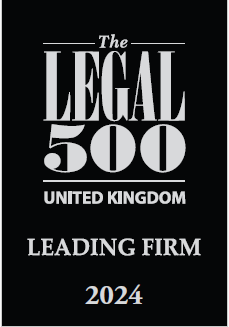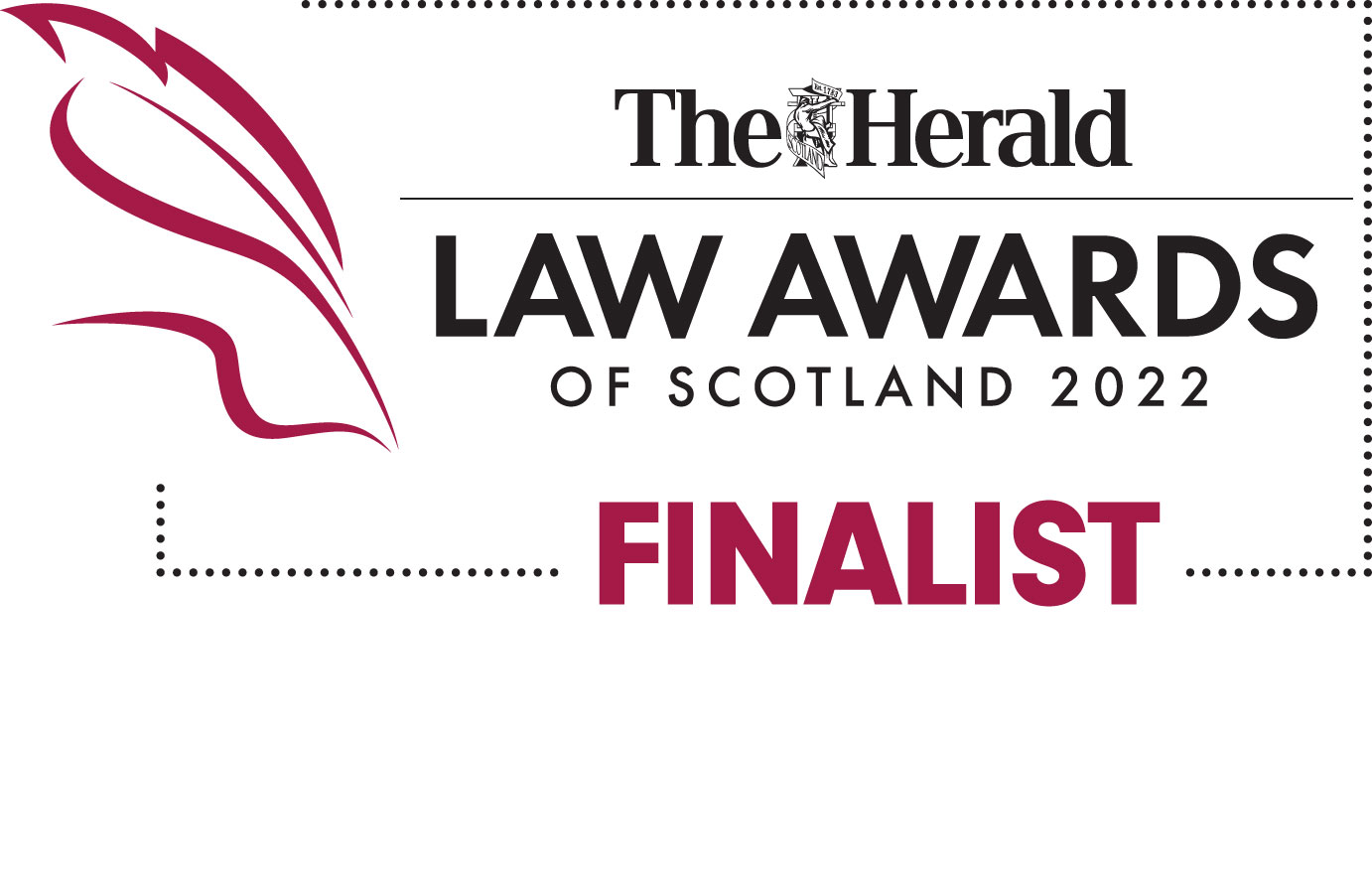Call us now: 0141 429 8166
Call us now: 0141 429 8166
Category: Employment
Livingstone Brown have a growing number of cases where they have successfully represented clients who have faced disciplinary action from industry regulators.
More and more jobs are being overseen by independent bodies who have the power to investigate and decide whether someone should be allowed to continue working.
We recently represented an accountant who faced losing their livelihood after a complaint was made by a former colleague alleging incorrect advice was given regarding VAT.
However, ICAS (the Institute of Chartered Accountants of Scotland) has thrown out the complaint, which has allowed our client to return to their previous work for charities and small businesses.
The ICAS investigating panel found that while another accountant had given advice contrary advice to our client, they had also set out a number of “exemptions” that may have applied in the circumstances. The Panel therefore considered the VAT question and concluded that the law was complex and the matter was far from straightforward. As a consequence, it could not be said that our client was guilty of ‘professional incompetence’.
As well as accountants, we have represented teachers, nurses, care workers and various healthcare professionals, including an optician and a trainee doctor.
Complaints can be made by former clients, former colleagues or former partners, who are allowed to bring a case even if they have only had a personal relationship. However, the law allows anyone who complained of to be told of the nature of the allegations, and given the opportunity to challenge these.
Most regulators operate in a similar manner and the law in this area is broadly similar across the board. While many regulators will refuse to investigate complaints that are “vexatious or frivolous,” they will still look into matters even if it can be shown that a complainer has an ulterior motive.
In the early stages of a complaint, the regulator will tend to focus on whether there has been a potential breach of their rules. This is known as the investigation stage. Evidence will be considered by a panel and the regulated person can make written representations.
In most professions, it is an essential rule that the person complained about has to co-operate with the regulator. Although it is recognised as being stressful, and the sanctions for refusal can be severe, and the case will generally be made worse through a failure to respond.
In the ICAS case, the complaint was successfully struck out at the investigation stage, meaning that our client has not had to face a further disciplinary hearing. This was achieved by setting out the client’s position to the regulator and providing supporting evidence, which was accepted by the panel.
Where a very serious allegation has been made against a professional - for example, an allegation of criminality - then a hearing is usually required. This type of complaint is not as easily struck out, but an approach of cooperating with the regulatory and setting out the client’s position as comprehensively as possible can be the difference between a client keeping their professional registration and losing it.
Reliable, expert advice you can trust. Get in touch today










AWARD WINNING, SCOTTISH SOLICITORS